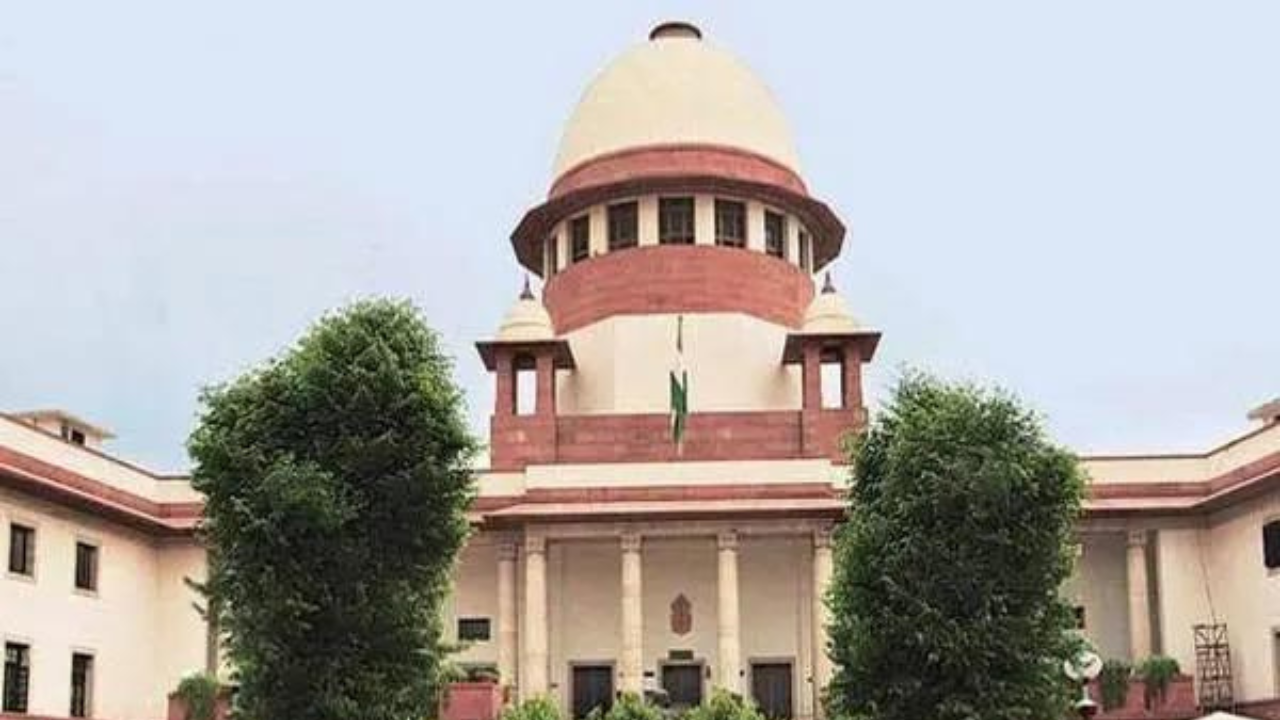NEW DELHI: Supreme Court on Tuesday cautioned the National Commission for Protection of Child Rights (NCPCR) against involving the judiciary in its “agendas”, dismissing a plea seeking a Special Investigation Team (SIT) probe into allegations of children being sold by shelter homes in Jharkhand including those run by the Missionaries of Charity founded by Mother Teresa.
A bench comprising Justices B V Nagarathna and Nongmeikapam Kotiswar Singh criticised the NCPCR’s approach, saying that the relief requested in the plea was “vague” and “omnibus,” rendering it untenable for the court to address.
“Don’t drag the Supreme Court into your agenda. What kind of relief is sought in your petition? How can we pass such directions? The petition is totally misconstrued,” the bench remarked.
The NCPCR’s counsel had initially requested a court-monitored, time-bound investigation into all shelter homes in Jharkhand, aiming to ensure the protection of children.
Highlighting severe child rights violations in Jharkhand, the NCPCR accused state authorities of adopting a “callous approach” to the protection of minors.
“During the course of inquiry by the petitioner, shocking revelations were made by the victims, including that children were being sold in these homes. Despite bringing these facts to the notice of the Jharkhand government, continuous attempts were made to sabotage and derail the inquiry,” the NCPCR alleged in its petition.
However, the apex court pointed out that the NCPCR has the authority to investigate and take action under the Commission for Protection of Child Rights (CPCR) Act, 2005, and thus, there was no need for judicial intervention.
The bench declined to entertain the petition, ultimately dismissing the plea.
Filed in 2020, the NCPCR’s plea sought to enforce fundamental rights under Article 23 of the Constitution, which prohibits human trafficking. The commission claimed that discrepancies in children’s homes across various states, including Jharkhand, had been uncovered during its inquiry, and these states were added as parties in the petition.
A bench comprising Justices B V Nagarathna and Nongmeikapam Kotiswar Singh criticised the NCPCR’s approach, saying that the relief requested in the plea was “vague” and “omnibus,” rendering it untenable for the court to address.
“Don’t drag the Supreme Court into your agenda. What kind of relief is sought in your petition? How can we pass such directions? The petition is totally misconstrued,” the bench remarked.
The NCPCR’s counsel had initially requested a court-monitored, time-bound investigation into all shelter homes in Jharkhand, aiming to ensure the protection of children.
Highlighting severe child rights violations in Jharkhand, the NCPCR accused state authorities of adopting a “callous approach” to the protection of minors.
“During the course of inquiry by the petitioner, shocking revelations were made by the victims, including that children were being sold in these homes. Despite bringing these facts to the notice of the Jharkhand government, continuous attempts were made to sabotage and derail the inquiry,” the NCPCR alleged in its petition.
However, the apex court pointed out that the NCPCR has the authority to investigate and take action under the Commission for Protection of Child Rights (CPCR) Act, 2005, and thus, there was no need for judicial intervention.
The bench declined to entertain the petition, ultimately dismissing the plea.
Filed in 2020, the NCPCR’s plea sought to enforce fundamental rights under Article 23 of the Constitution, which prohibits human trafficking. The commission claimed that discrepancies in children’s homes across various states, including Jharkhand, had been uncovered during its inquiry, and these states were added as parties in the petition.

